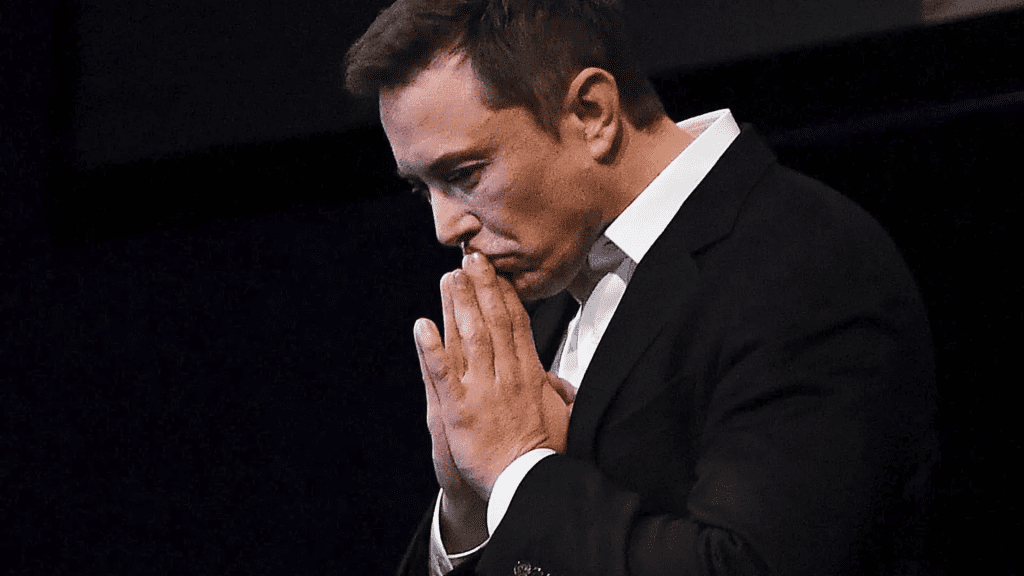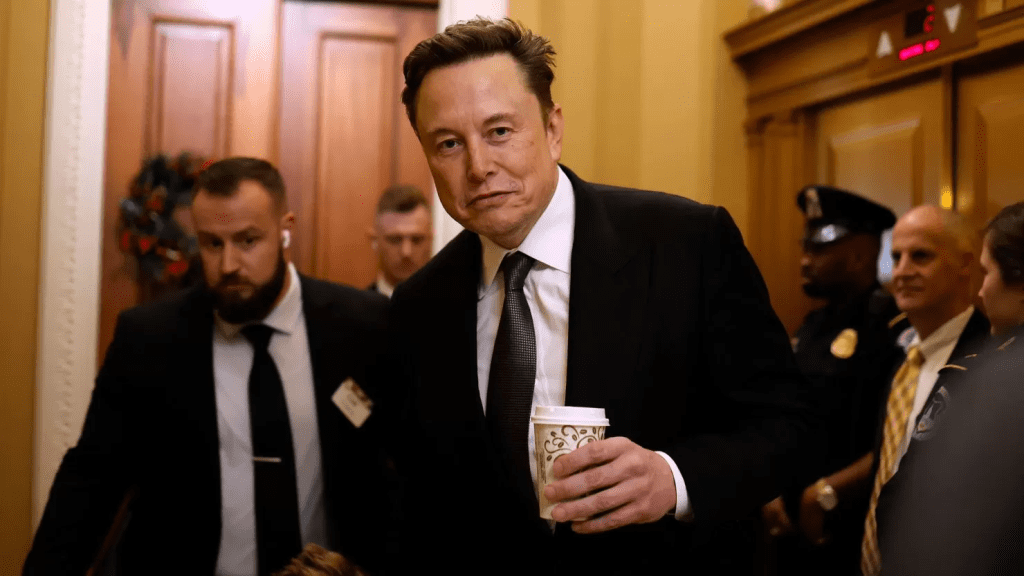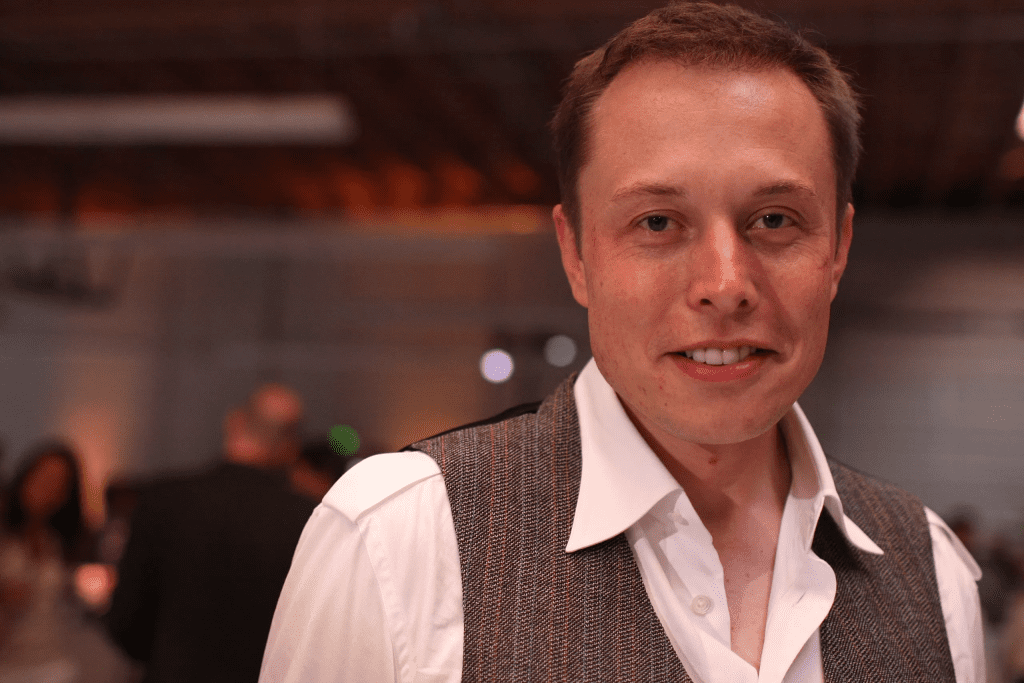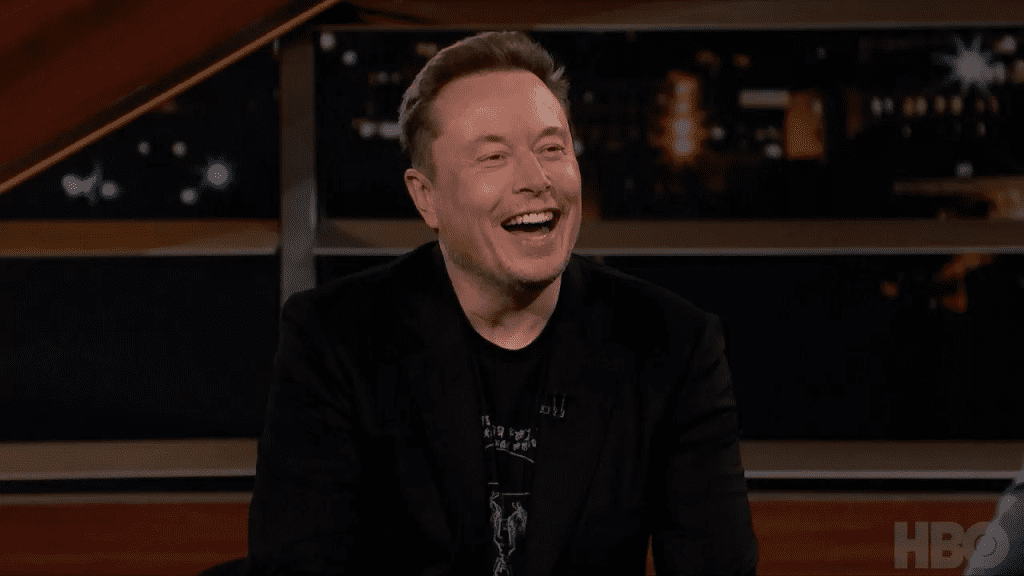In a bold and surprising statement, Elon Musk has made waves by criticizing the design of the F-35 fighter jet. In just 10 words, the Tesla and SpaceX CEO slammed the iconic military aircraft, calling its design “terrible” and expressing his belief that the future of defense lies in drones.

“F-35 design is terrible. Drones are the future of warfare,” Musk tweeted, instantly igniting debates on military technology and innovation.
Musk’s critique centers around the F-35’s complexity, cost, and performance issues, highlighting his long-standing advocacy for efficiency and simplicity in design. With a price tag nearing $80 million per jet, the F-35 has faced criticism from various sectors for its high operational costs and performance limitations.

His statement also underscores his enthusiasm for unmanned aerial systems (UAS) or drones, which he believes will revolutionize warfare and defense strategies. Musk has long been a champion of cutting-edge technology, and his endorsement of drones as the future of military aviation reflects his confidence in the power of automation, artificial intelligence, and lower-cost solutions.
While the F-35 program has faced criticism in the past, Musk’s comments add a new layer of scrutiny. As drones become more sophisticated, capable, and cost-effective, traditional aircraft like the F-35 could face serious challenges in maintaining relevance in modern military strategies.

Musk’s push for drones is not just about military use; he’s long spoken about the potential of drone technology in everyday life, from transportation to delivery systems. His comments suggest that the future of aviation—both military and civilian—will be increasingly dominated by unmanned vehicles.

As this debate unfolds, the intersection of cutting-edge technologies and global security is likely to take center stage. Musk’s comments have certainly sparked a conversation about the viability and future of traditional military aircraft versus the rise of autonomous, drone-based systems.
